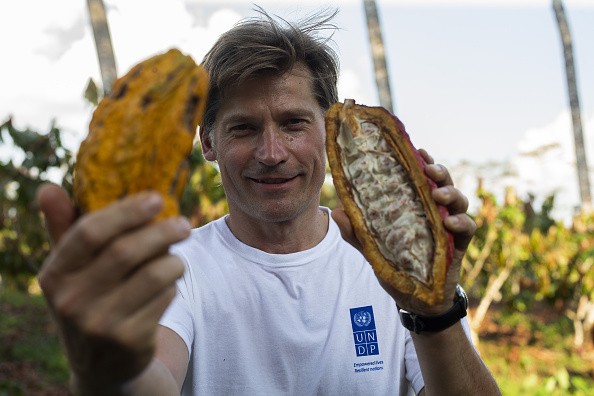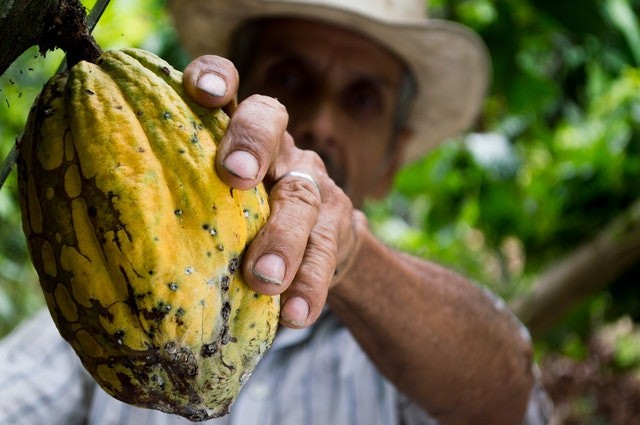Ivory Coast and Ghana - cocoa giants announced progress in goals to stop deforestation as they get ready for more strict European Union rules on production qualities of the ingredient.

Cocoa and Forests Initiative (CFI)
Ivory Coast - top grower is making use of satellites for deforestation monitoring and in 2020 cultivated nearly 10 million trees, while Ghana got back about 558,000 acres (226,000 hectares) of forest region last year, according to reports by the public-private partnership called the Cocoa and Forests Initiative (CFI).
Production of cocoa has been a chief driver of deforestation in the two countries, which provides approximately 70% of the world's beans, with Ivory Coast losing about 85% of its forest covering since the 1960s. A report released by the World Cocoa Foundation last year, which symbolizes chocolate and cocoa industries, said aims for distribution of trees organized by the CFI were not close to being met.
The Major Destination For Ivorian Beans
By 2030 Ivory Coast is attempting to expand forest area back to 20% of its territory, while companies are also making investments in the training of farmers to enhance livelihoods and decrease the urge to trespass into forests, according to a statement on Wednesday. The chief destination for Ivorian beans - the EU, is gearing up to initiate legislation that has the aim of terminating the risk that products sold in its territory cause deforestation.
The alliance is also concerned about equitable income for cocoa farmers and the use of child labor. The Ivorian minister of water and forests, Alain-Richard Donwahi said beyond the goals of CFI, the industry needs to advance systems that centralize data revealing where the cocoa arrives from and monitors forests.
"This is an essential challenge to be discussed, given the rising pressure from the consumers of cocoa and civil society organizations to make sure there is traceability of forestry and agricultural commodities that is exported," he said. The CFI is an association between the governments of Ghana and Ivory Coast, and 35 chocolate and cocoa companies.

World's Third-largest Cocoa Processor
Cocoa giant Olam International Ltd. can now trace the supply of a major part of the beans it purchases, increasing sustainability efforts as consumers and governments increasingly want to get knowledge of where food comes from and whether it was ethically manufactured.
Head of Olam's cocoa unit, Gerry Manley, said the third-largest cocoa processor in the world is capable of tracking all the cocoa in its direct chain of supply in nine countries back to a community farm, individual farm, or the original point of purchase, where a farmer or cooperative is paid.
That's approximately 60% of the beans the trader based in Singapore purchases, or 12% of the world's cocoa. The move comes as the European Union plans to initiate legislation that could finally make firms accountable for environmental harm and human rights abuses in their supply chain.
Related Article : All Natural: Hand Pollination Increases Cocoa Yield and Farmer Income, Not Agrochemicals
For more news, updates about cocoa farms and similar topics don't forget to follow Nature World News!
© 2026 NatureWorldNews.com All rights reserved. Do not reproduce without permission.





